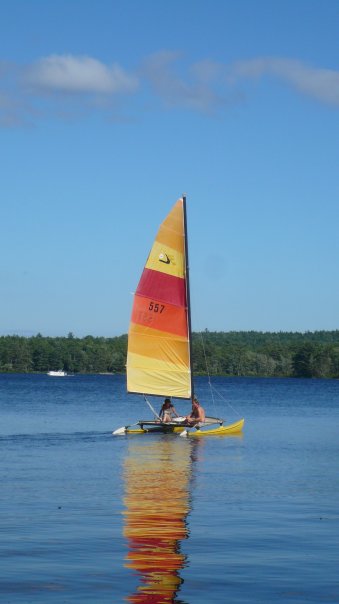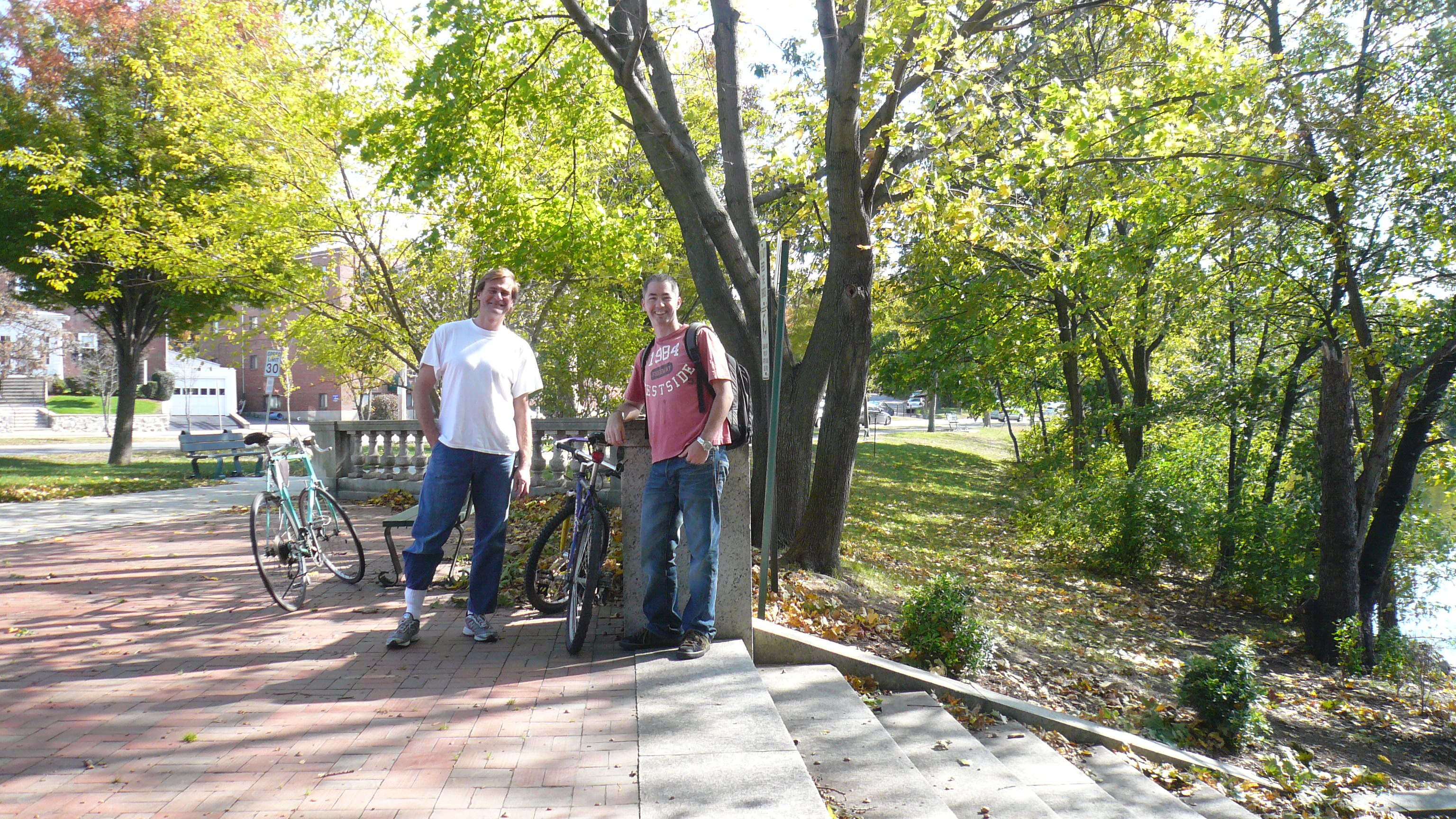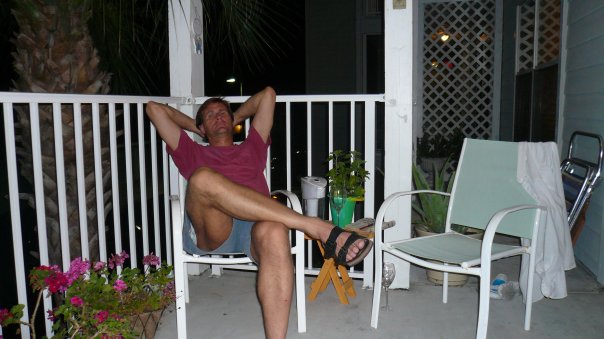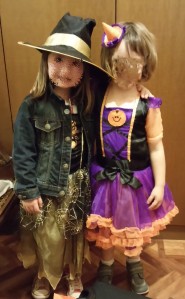Blog Archives
Heroes
Heroes is what we are, we cyclists. That’s what they call folk who save lives. And we save lives everyday.
Sometimes it’s the child who’s toddling along a street too far from their parents to be taken into arms should a car or a bike come round the corner, whose parents panic and send the kid wobbling in random directions. Often it’s a kid of ten or so who wanders into the bike lane without looking. It’s also not uncommon for an octogenarian to do the same.
The zombies staring at their mobiles as they shuffle along aren’t probably really alive, but we save them nonetheless, sometimes just standing on our pedals until they eventually become aware of the proximity of living flesh and look up at us with their hollow eyes, then take a step back in shock allowing us pass on our merry way.
But mostly, we save our own lives. Every single day, when we cross a street and see a car coming whose driver has no idea we’re about to arrive at the asphalt and we prudently pull up to let them pass, because they weren’t going to let us pass. We might get an apologetic wave when they realise their mistake. More often it’s a thank you, because we’ve let them pass as if we’d any other choice.
If we’re with a child, we’ve got to cycle alongside, instructing them to slow and stop, and sometimes having to reach out and hold them back so they don’t keep going out onto the street to their deaths. It’s sometimes line of sight, with cars too big nowadays, and their drivers often elderly and getting smaller all the time so they struggle to see a small bike and rider right in front of them.
On the other hand, even though they see us, they’ll accelerate to get to the crossing before we’re actually in front, so we’d only hit their side panels should we continue at our current speed.
The simple fact is that cars are killing machines driven by many inept to be in charge of such metal monstrosities, and every day they would kill us, regardless of any logical or ethical right we have and their responsibility to yield to us as weaker road users, except we keep ourselves alive.
And we deserve medals, one and all.
Sliding By

Stop, Watch, Go.
Crossing a bridge on my bike,
I glance down at the river
Slow blink, thinking I
Could just watch the water flow by,
Watch the world go by,
Let my time fly by
As I pause my life for a while,
But strife lets the suggestion
Slide by
And I
Just ride by.
Inhale

I can’t Breath
I cannot respire
Fast enough to inhale
All the perfume
I desire hanging
From blooms
On my short cycle
Under a stand of trees
Between streets
Breathing fumes.
Out Tomorrow: The Soul of Adam Short.
Ever wonder what it would be like to have your soul ripped from your body? Adam Short knows.
Does anyone else know, though?
We might have an idea.
I still clearly remember when I got the idea for The Soul of Adam Short. It was almost exactly fifteen years ago – I typed up the first note on October second, year Two-Thousand. I was standing at a junction much like the Mosley Road of the book, having paused my bike. I stopped because I was sure a car was coming down the street, but when I looked more carefully there was nothing. It was a very strange feeling.
I cycled on, wondering what had happened, and wondering what would happen if a ghost car “knocked you down.” Could the spirit of the vehicle and its driver interact with your own sprit, your soul?
Once that situation of a character losing his or her soul occurred to me, the rest of the story took rough shape and I knew it was a tale for Young Adults, even though until then I’d written “adult.” books. The characters had to be teens. Lots of adults cycle – I still do, every day – but the symptoms of such an event would be more likely accepted as just a brain malfunction in a middle-aged person. (Yes, I consider myself middle-aged – doesn’t mean I am old, just I’m halfway through what I expect to attain, barring accidents… everyone older than me is OLD.)
And only teens would have the tenacity to go against the grain of what’s considered okay, the accepted wisdom, the proper thing to do. Some of us adults still have a little of that left, but not enough. Most of us are afraid of what “others might think” A look at the world today can show that fairly clearly. Unfortunately many teens think they’re not capable of acting on their own. They’ve been told they were toddlers that they’re too small to do things, it’s too dangerous to climb the tree, to walk home alone from school half the time.
One lesson Adam Short learns, is that life is as short as his name, that it can fly by in a heartbeat if you’re not paying attention, and the future is not something to be feared, but embraced; because it doesn’t matter, in the end, what your parents or neighbours think of your life choices. Everyone ends up before they’re quite ready, either sitting by the side of Mosley Road, or attending their own funeral, and it can happen in a heartbeat if you’re not ready. But being aware of it, it loses its scariness – and you can appreciate the little things that make a life worth living( some of which Adam loses and some he discovers), and step up to do the things that make a life great.
If we don’t at least try, well, we may as well have no soul.
You can get a look at the blurb and extract at the MuseitUp website here…or at your local Amazon store here.
Haikus
I’ve not posted any poems in a while, so I decided to add a page of Haikus to my website today. Hope one or two will please 🙂
Cyclists, Motorists and Pedestrians – can’t we all just get along?
I had originally written this as a rant – well, not exactly, but a vociferous defense of cycling.
But what would be the point of that? The anti-cyclists would just write it off as another cyclist going off on motorists, but not willing to stop for a red light.
And they’d be kinda right. I do want to defend cycling, but more than that, I want to defend a kind of city where motorists and cyclists and pedestrians can actually make the current situation better – not get along, necessarily – but get to where they want to go without slowing down everyone else in the process.
I really want to plead for common sense from everyone, and who knows, maybe a little understanding, and generosity, especially from pedestrians.
Traffic is a complex problem in our cities. I’ve lived in four cities for a significant period of time – Dublin, Madrid, Boston and Pamplona. I have commuted by bike in three. Madrid has a good metro system and a shitty road system that made buying a bike just not worth it. My commute was too far to cycle, and cycling for pleasure was something you did far away from Madrid, unless you were a kid learning how to ride a bike on the parade ground of El Retiro. Besides, dragging my bike to my 9th floor flat every day would have been a pain, even when the lift worked.
What I have seen in my approximately 40 years walking, 30 years on a bike and 20 driving a car, is that most people are impatient, in a rush, and often fucking spiteful – as well as generally distracted and unaware of their surroundings. Sure, they’re not all these things at once, but the number of courteous people who are paying attention on the road and who aren’t jealous of others getting ahead of them are fairly few.
And you know what? Most of them are on bikes.
Yes, I am defending bikes – had to happen!
But seriously. Cyclists get a bad rap for being dangerous little bastards who delight in breaking the law. In reality, they’re the best of the road users, and the only reason people rant off at them is pure fucking envy.
Sure, they break the law. But they don’t endanger anyone – least not themselves – in doing so.
Usually.
There are always some assholes, but there aren’t more arseholes sitting on saddles than walking, or shuffling, or sitting in diver seats.
When some motorist fumes that a cyclist has just broken a red light, he (usually a he, so I’m not going to waste my time writing “or she” every few minutes here.) doesn’t give a fuck about the world order coming apart at the seams (take a look at the politicians “running” the place, if you want that – sorry, my mistake, that’s all part of the current world order as carefully fucking designed) he’s just pissed that he can’t do the same, and get on to his destination, instead of sitting like a prat with this big engine running and wasting petrol.
Let’s be honest.
Red lights are a pain in the hole.
A real fucking blight on the existence of any road user.
But they’re there.
Why?
Because of the cars.
Yes, that’s right. The bloke fuming in the car is the reason we have red lights. So suck it up, my man!
Of course, it’s not his fault – it’s all the other fuckers who are on the road along with him.
We can all (us old folk) remember when there just weren’t that many traffic lights. They weren’t necessary. Now they pop up all over the place and ever decreasing distances from one another, and it is not because there are more bikes on the streets.
I’d like to see fewer, just like I’d like the street lights to be turned off at night like they used to, and cars that travel at night run off electricity, like the old milk delivery floats used to, so we can all sleep in silence. But is that going to happen soon? Well, you never know.
Prolific traffic lights are a fact of modern life, but if we want to reduce them, then we have to increase the number of bikes, and that means not giving bikers such a hard time.
Bikers have it worse than everyone, despite being the envy of most. They’re the forgotten ones.
And they know this because cyclists are also sometimes pedestrians and motorists, so they see how it is for all three sets. Most motorists, though, are not cyclists, the same for pedestrians.
Yes, bike paths are starting to spread through the cities, too, but partly this is to get cyclists off the roads. Some motorists think that since cyclists have their own paths, they should stay the hell off the roads. However, most cycle paths are just no good for cycling on, and seem to be added as an afterthought half the time. Certainly, those who design them have not been cycling to work for years, or have ever visualised anyone cycling along those roads. They criss-cross from one side of the road to the other, making the cyclists go out of their way (and have to cross the street after yielding to traffic) for no apparent reason – other than to fit in some extra car parking spaces along one side, it seems. In some cases, cycle paths are mere painted lines on the footpath, and I’ve seen a few that would suppose cyclists can go through trees and bus stops like phantoms. I’ve never seen a cycle path that didn’t pool rainwater worse than the pedestrian path beside it – god forbid someone should think of that when steam-rolling it.
In assessing cycle paths, we have to be conscious of the fact that there are two types of cyclists – those who are getting on a bike for the first time ever, or in years, and those who never got off theirs from the days before cycle paths. For the former group, paths are good because they make cyclists feel safe. For the latter, they can be useful, in some situations – usually going uphill slowly – but a pain in the arse most of the time, if, that is, they are to be used exactly as designed. As I just said, they’re designed badly.
The prime directive of cycling is maintain momentum, given that we want to get where we are going quickly, but cycling is slow (relatively speaking) and hard fucking work. So stopping, for anything, is avoided at all costs. If I have a hill, and I see a junction coming up, then I don’t want to be on the cycle path, because they’re designed to have to yield to cars – perhaps for a practical reason, but frankly fuck that. I’ll stick to the road and keep my right of way. Cycle paths are built as if cyclists are as slow pedestrians, but we’re sometimes as fast as cars, and gradient needs to be taken into account. If not, we’ll ignore the path and use the road.
While it seems like I’m way too pro-cyclist, here, bear in mind that for every prick like me on a bike, there’s one less prick (or sedate motorist) behind a steering wheel.
When a cyclist breaks a red light and scoots on down the road, he is not blocking the junction, while if he were a driver, he’d be another car in front, that the motorist would have to wait to pull off before he could press the accelerator when that interminable fucking traffic light eventually does change colour.
You’d imagine that there would be no conflict at all when the cars are taken out of the equation, but you’d be wrong. In Pamplona, many bike paths are simply white lines painted on the path – they’re wide paths. This means cyclists are supposed to be up there with pedestrians. Likewise, in the centre there’s a large section that is basically pedestrianised. In these zones, pedestrians are increasingly becoming irate with cyclists, too. I often read complaining letters in the local press about the cyclists, going too fast and frightening the bejaysus out of pensioners.
But the reason isn’t simply because cyclists are more aggressive than they used to be. Rather, pedestrians are increasingly less aware of the world around them. They are lost in their own world, their own thoughts, listening to music or talking on the phone, staring not at the screen of a phone instead of looking to see if they’re about to walk into a lamp post.
When a cyclist passes them by, perfectly safely, they are often startled because they didn’t see it coming. Instead of berating themselves for being inattentive, they curse the cyclist for going so fast they didn’t see them coming. Pedestrians think they’re in a park instead of a street, that nobody else is trying to go around them, that walking 4 abreast across the street is perfectly okay, and that walking out of a shop door does not require one to look left or right, or even walk out front ways, when backwards is better to say goodbye to the shopkeeper.
In this situation, the cyclist is the one who is paying attention, who is watching the entire street, calculating the distances, the speeds, the likelihood of unexpected movements, when a shop window catches some old lady’s eye and she makes a bee-line across the street without wondering if the person behind her (walking or cycling) will have to pull up short to avoid hitting her.
Cyclists know their responsibilities, and they only hit a pedestrian when the pedestrian really does something off the wall out of the blue. And then, it usually amounts to the pedestrian tripping over out stationary front wheel and apologising for not looking where he was going.
But our responsibilities do not extend to not giving someone a fright.
Whether because we have to screech to a halt – and many bike breaks are pretty squeaky – or go past at a short distance because the other pedestrians (walking 4 abreast) squeeze us in, and the pedestrian is staring at a text message, it’s not our fault someone is startled. This doesn’t mean we’re going to fast, or are assholes.
Yeah, it did turn out to be a rant… Sorry! But since cyclists are the minority, they need to voice their concerns.
So, back to my we can all get along speech.
We can only get along if people wake up. If people are aware of others, they will see the bike coming and know it’s not going to hit them. Eye contact with a cyclist is just as important as with a car before stepping onto a pedestrian crossing. Yet, fewer people bother to do the latter nowadays. They toddle across the road without looking up from their phone at all. I know it’s the motorist’s responsibility to stop, and when I drive, my foot hovers over the brake at zebra crossings – not for the old geezers too stupid to look up, but for the kids who might run out. Likewise on a bike, if there are kids, I slow to walking pace, because they are unpredictable and it’s not their fault.
There is a tendency to heft responsibilities on to others and keep rights for ourselves. While in a car, I give up my right to break lights and frighten pedestrians into waiting for me to pass before crossing, but as a pedestrian (or a cyclist), I have no problem double-checking that the car sees me (it’s saved my bacon many times) and I also have no problem stopping and waiting until a couple of cars go by before crossing, even though I don’t have to. There’s no problem with momentum on foot, I can wait twenty seconds, and if the traffic flows a little better, then everything will improve.
But I don’t see many others doing the same.
I know that waiting for a cross-walk signal can be a pain, and I jaywalk when I am not in the company of kids, but even jaywalking has deteriorated.
People nowadays step out onto the street without looking first, assuming that the first few feet of asphalt is not used by cars. Usually it’s not – but why not glance first, just in case. It is used by cyclists, but who thinks about them?
Crossing the street has become, for some people, especially the old and infirm, who should be the only ones waiting for the traffic light, akin to stealing second base – get as far out as you can and then “sprint.” They often have to scuttle back to the sidewalk from a good two metres out when a car does come along that needs that extra space on the side, or a cyclist decides he’s not going to put his ass out in the fast lane just to avoid the clowns – actually, he will, but sometimes it will mean going behind them, so far out are they.
Who knew old age pensioners were in such a fucking rush all of a sudden?
I saw one old codger in the middle of a junction, standing in front of a stopped truck, trying to look around it to see if he could cross the rest of the street or if traffic was coming up the moving lanes. It was hard, not only because he was hunchbacked, but because he was pushing his one-year-old grandson in front of him in a stroller. There were 20 seconds left to wait for the green man. And they complain about the youth of today…
In summary, if cars would go a little slower, cyclists could go back on the streets, there will be fewer cars, fewer traffic lights and people will get home sooner in the end. If pedestrians lift their eyes from their phones, they’ll see that cyclists are not trying to kill them, and that there are other pedestrians around who’d like to walk a little faster, just so they can stop at the edge of the road and wait those few seconds to cross safely.
The solution to our coming traffic and car emissions problems is the bike. Rewilding our world will also mean rewilding ourselves – and getting on a bike, even in the rain, is a great way to do that. Get on the saddle and see the world from the cycling point of view – it’s a great view!
poems post Halloween
Here are a few poems, as promised a few days ago. The first is one I wrote for halloween this year and the others are some Haikus from August and September.
(added a couple of visuals for the first poem – the kids are blurred out: one on the right is not my kid, so she’s more erased…)
After Halloween
Halloween didn’t intrude
Past the witches with their brooms
Whirling toys around the rooms.
And we arose somewhat sober at dawn.
Freedom
Cycling through city –
The cars, once sold:
A promise of freedom.
Cornflowers
August cornflowers
Watching always
The buzzard on the post
Vultures
Circling vultures
Await not a death,
But the humans to disperse.

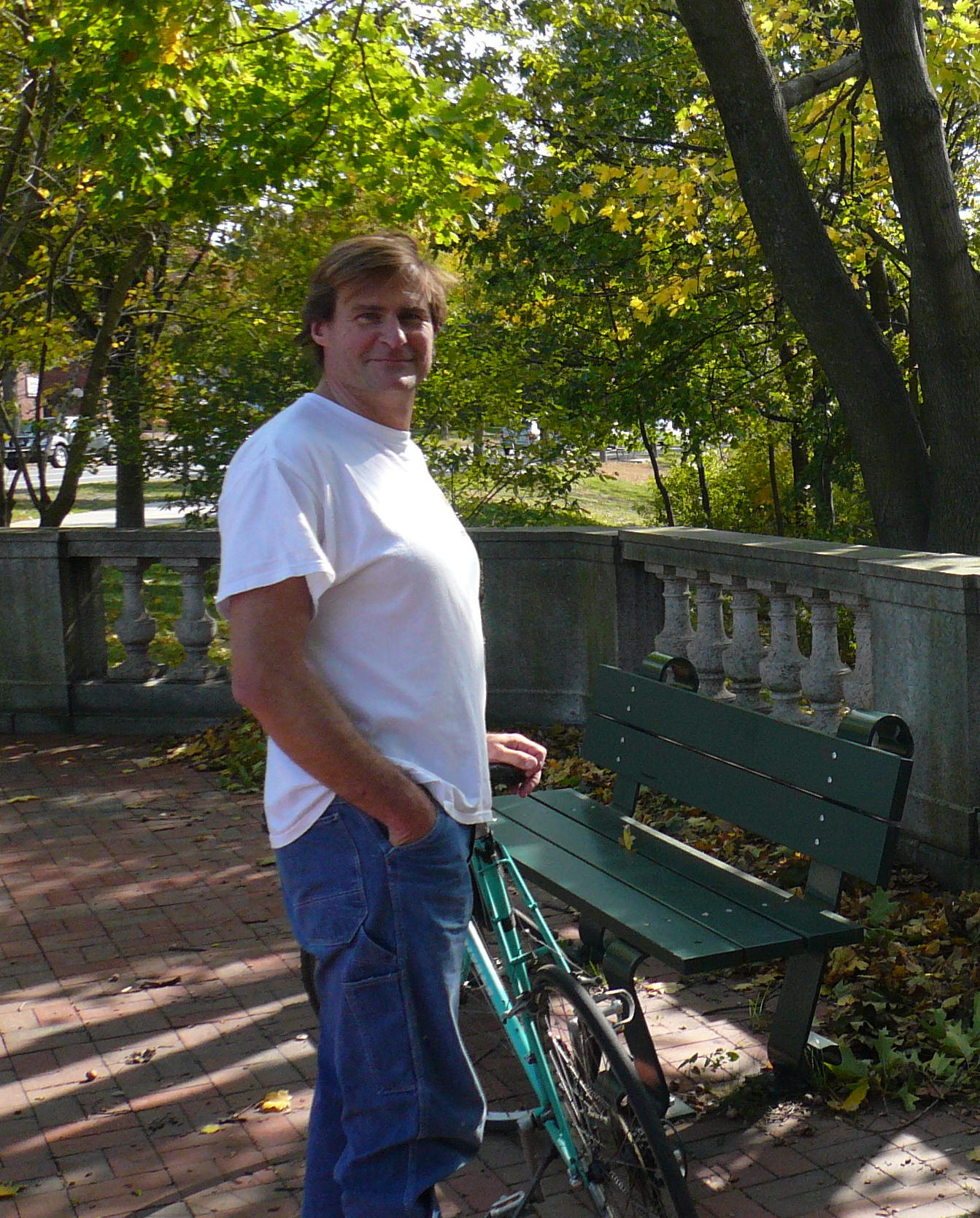 I worked with Tamir for several years when I lived in Boston. We were two of three people in the CHS science dept., along with Anna Power, who’d been Tamir’s student teacher. They taught chemistry and physics, while I taught biology. We had three classes in a row, mine in the middle, joined by interior doors. We went in and out of one another’s class all the time, often leaving the doors open if one of us needed to use the bathroom. He made reagents for my experiments when I ran out, and was a great colleague. He was also a great teacher, who taught me a lot, and I hope in my own career some of what I learned from him has stuck and been transmitted to my own classroom. He never varied in his frank and honest approach to his classes and the students. He was the same person in the classroom and out. His methods sometimes clashed with the administration’s views of how classrooms should be run, especially those of a new headmaster who after a couple of years fired Tamir – the laws in America are not usually much help to employees. The union had been ousted before I started in CHS and we had a right to work agreement in place of a contract. Tamir saw the writing on the wall, but never changed the way he went about things. As far as the students are concerned, his way was clearly the right way to do things, as his friends could see on social media when a huge number of people declared he was the best teacher they’d ever had.
I worked with Tamir for several years when I lived in Boston. We were two of three people in the CHS science dept., along with Anna Power, who’d been Tamir’s student teacher. They taught chemistry and physics, while I taught biology. We had three classes in a row, mine in the middle, joined by interior doors. We went in and out of one another’s class all the time, often leaving the doors open if one of us needed to use the bathroom. He made reagents for my experiments when I ran out, and was a great colleague. He was also a great teacher, who taught me a lot, and I hope in my own career some of what I learned from him has stuck and been transmitted to my own classroom. He never varied in his frank and honest approach to his classes and the students. He was the same person in the classroom and out. His methods sometimes clashed with the administration’s views of how classrooms should be run, especially those of a new headmaster who after a couple of years fired Tamir – the laws in America are not usually much help to employees. The union had been ousted before I started in CHS and we had a right to work agreement in place of a contract. Tamir saw the writing on the wall, but never changed the way he went about things. As far as the students are concerned, his way was clearly the right way to do things, as his friends could see on social media when a huge number of people declared he was the best teacher they’d ever had.

